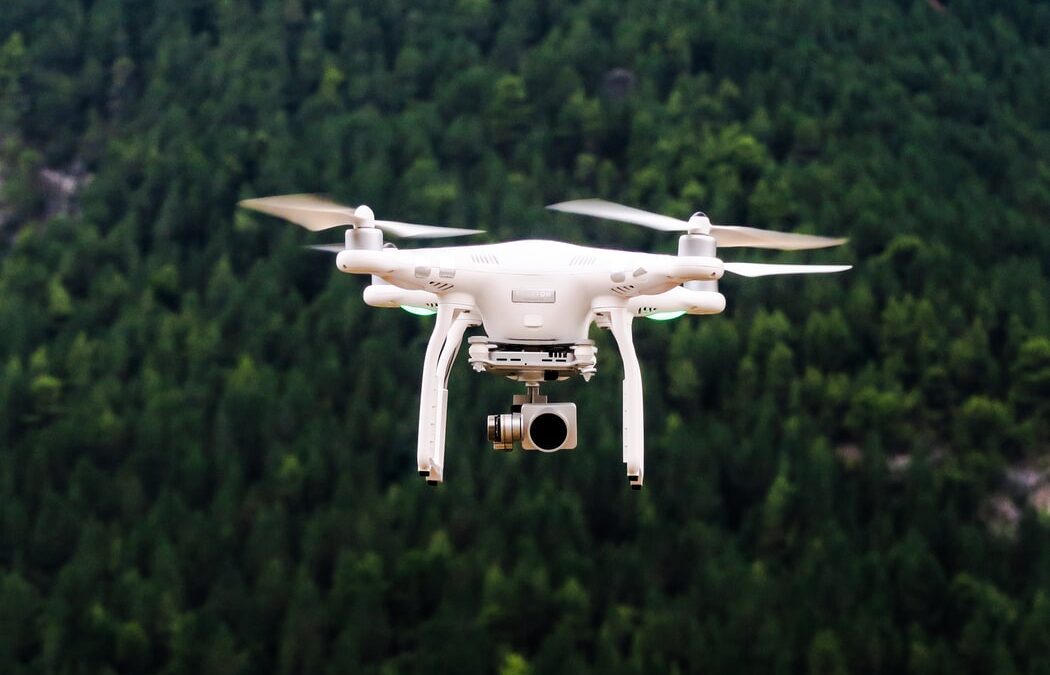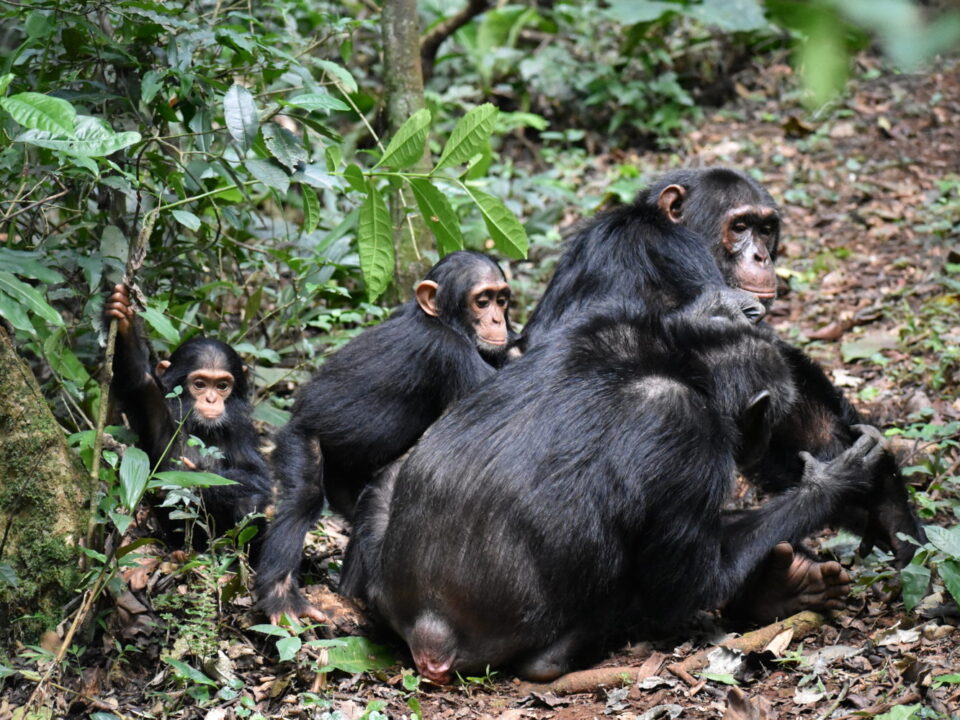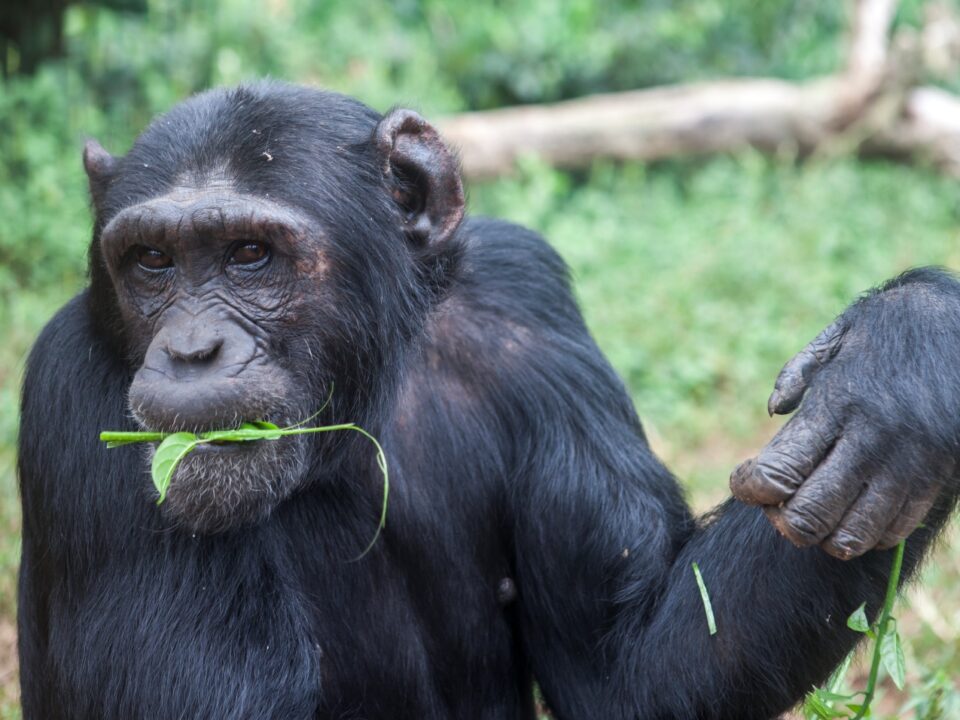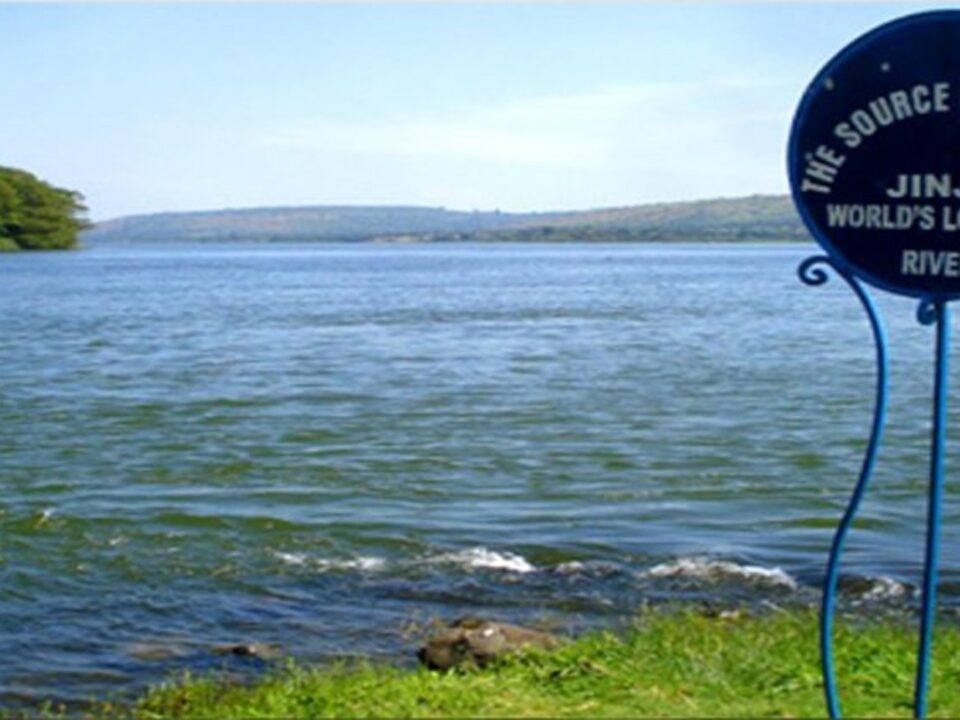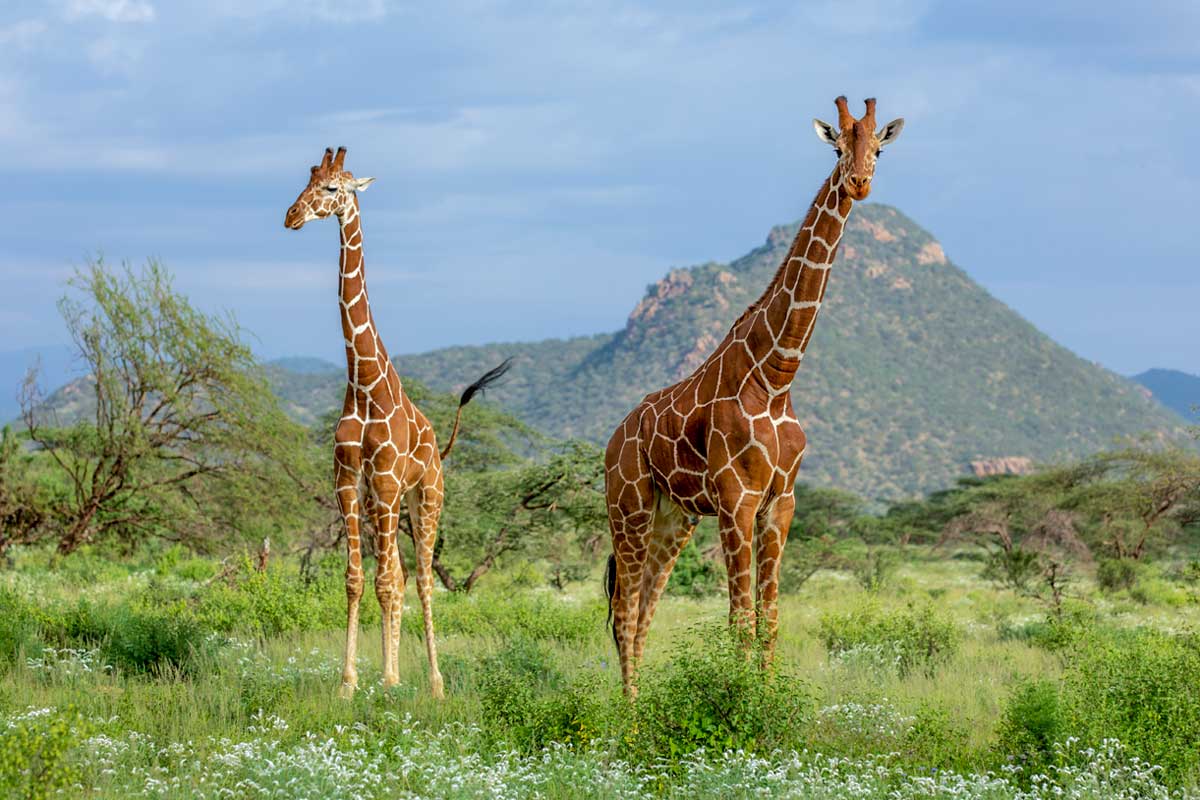
Luxury Tanzania Safaris & Tours
January 20, 2024
Best National Parks to film Big Cats in Uganda
January 20, 2024Aerial Filming Expeditions in Uganda and Rwanda – Navigating Permits and Permissions
Unlock the skies for breathtaking cinematography with Aerial Filming in Uganda and Rwanda, where the right permissions at the right time transform your visual narrative. At Trek Africa Expeditions, we facilitate seamless aerial filming in the National Parks and Forests of Uganda, enhancing the cinematographic excellence of your shots.
Aerial filming in these picturesque locations can employ drones and small aircraft, capturing the essence of Uganda and Rwanda from unique perspectives. Our commitment extends to assisting clients in securing the necessary permissions to temporarily import and fly drones in these regions. However, it’s crucial to note that navigating drone importation and flying in Uganda and Rwanda demands careful attention, requiring approximately 3-4 months for processing.
Comprehensive Support for Aerial Filming
Trek Africa Expeditions welcomes production and film crews, offering the option to bring your helicopters or seamlessly arranging one for you. Our close collaboration with Tropic Air in Kenya, recognized as the best in East Africa, ensures a hassle-free experience. Tropic Air’s familiarity with numerous locations in Uganda enhances the overall efficiency of your aerial filming endeavor.
Ensuring compliance with regulations, we assist in securing flying permissions from the Civil Aviation Authority for your Aerial Filming in Uganda. For detailed information on processing permissions and clearances, our dedicated team of professionals is available to address your inquiries promptly.
It’s essential to consider that any equipment fixed on your helicopter may necessitate temporary clearance through Uganda Customs. If your filming location falls within a National Park or protected area, a filming contract, Memorandum of Understanding, and payment of landing fees are mandatory.
Special Considerations for Bwindi Impenetrable Forest National Park
Aerial Filming in Bwindi Impenetrable Forest National Park offers a unique exception. Whether your focus is on the majestic Mountain Gorillas or not, a Gorilla Filming fee of USD 4200 per day applies. To delve into the specifics of Aerial Filming in Bwindi Forest National Park, contact Trek Africa Expeditions for tailored assistance.
Logistical Services for a Seamless Filming Experience
In addition to facilitating Aerial Filming, Trek Africa Expeditions extends logistical support to enhance your overall filming experience.
Media Cards/Press Accreditation:
Secure Uganda Media Council accreditation effortlessly. Our long-standing relationship ensures swift processing, requiring only Form G, passport photos, and passport copies from each crew member.
Temporary Customs Kit Clearing:
Simplify the process of clearing filming equipment at immigration on arrival at Entebbe International Airport. Share your Kit list, evaluate costs with our specialist clearing agent, and pre-pay for a seamless experience on arrival.
Visa for Film Crews:
Obtain Tourist Visa or Business Visas with ease. Trek Africa Expeditions can facilitate Visa on arrival or provide the necessary documentation for embassy issuance.
Film Crew Accommodation Booking:
Depending on your filming location, we offer guidance on the best, affordable, and suitable accommodation options with discounted rates.
Film Crew Transport in Uganda and Rwanda:
Tailored transport solutions ensure your crew and filming kit travel comfortably. Professional driver guides with extensive knowledge of Uganda’s culture, flora, and fauna accompany you.
Film Crew Fixing Support Staff:
Benefit from our experienced team’s wide knowledge and expertise. Should you require specialist personnel for your filming, we will organize them efficiently.
Trek Africa Expeditions commits to being your trusted local fixer for TV and production companies in Uganda and Rwanda, providing unparalleled support for a successful filming expedition.

